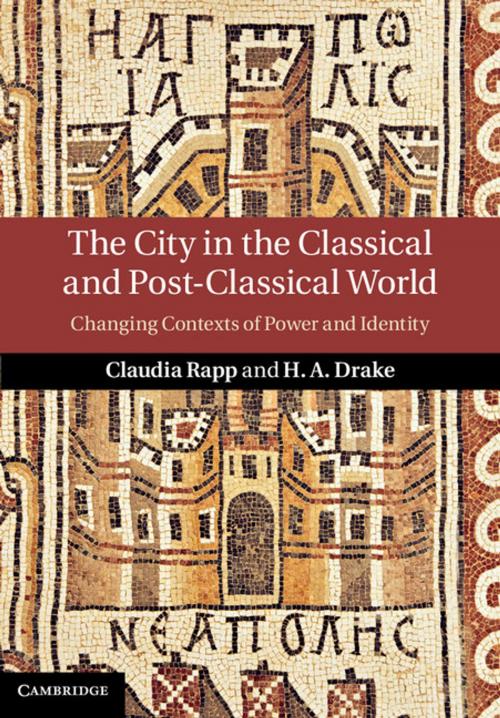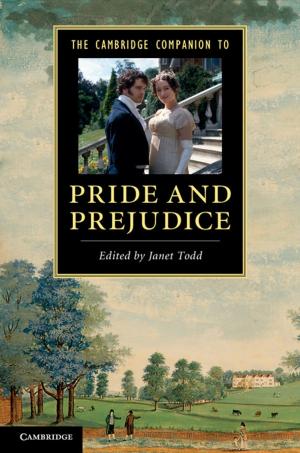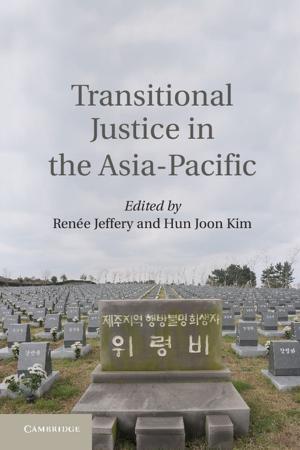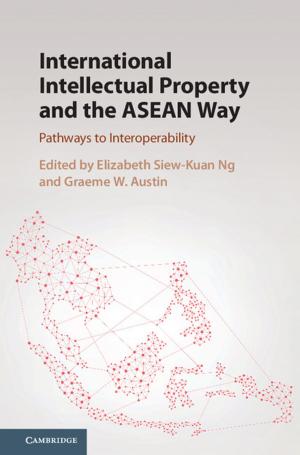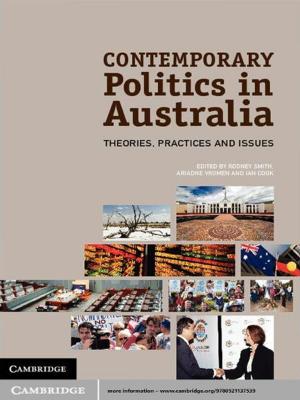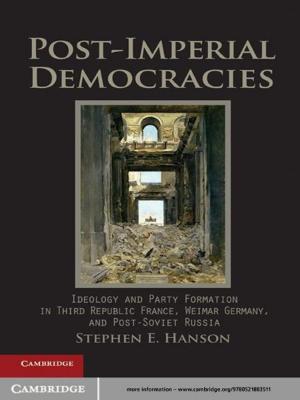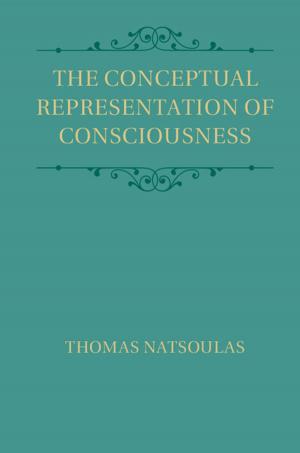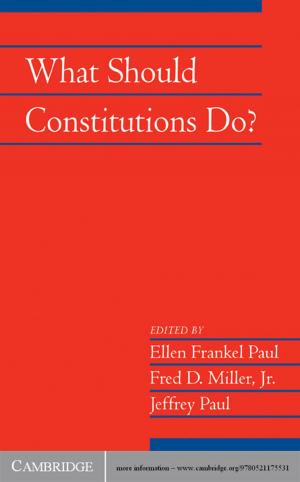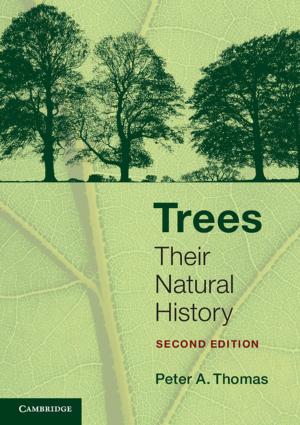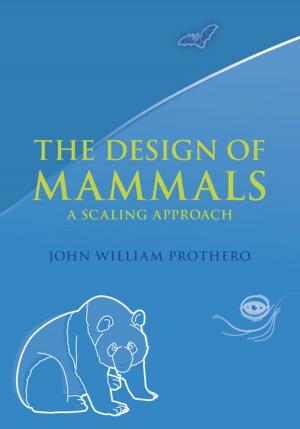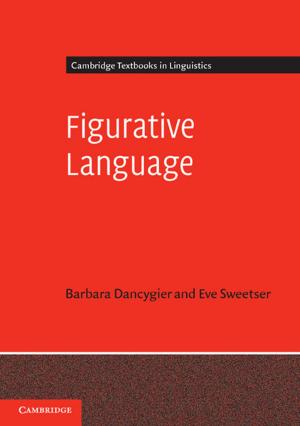The City in the Classical and Post-Classical World
Changing Contexts of Power and Identity
Nonfiction, History, Ancient History, Religion & Spirituality| Author: | ISBN: | 9781139904681 | |
| Publisher: | Cambridge University Press | Publication: | April 14, 2014 |
| Imprint: | Cambridge University Press | Language: | English |
| Author: | |
| ISBN: | 9781139904681 |
| Publisher: | Cambridge University Press |
| Publication: | April 14, 2014 |
| Imprint: | Cambridge University Press |
| Language: | English |
This volume examines the evolving role of the city and citizenship from classical Athens through fifth-century Rome and medieval Byzantium. Beginning in the first century CE, the universal claims of Hellenistic and Roman imperialism began to be challenged by the growing role of Christianity in shaping the primary allegiances and identities of citizens. An international team of scholars considers the extent of urban transformation, and with it, of cultural and civic identity, as practices and institutions associated with the city-state came to be replaced by those of the Christian community. The twelve essays gathered here develop an innovative research agenda by asking new questions: what was the effect on political ideology and civic identity of the transition from the city culture of the ancient world to the ruralized systems of the middle ages? How did perceptions of empire and oikoumene respond to changed political circumstances? How did Christianity redefine the context of citizenship?
This volume examines the evolving role of the city and citizenship from classical Athens through fifth-century Rome and medieval Byzantium. Beginning in the first century CE, the universal claims of Hellenistic and Roman imperialism began to be challenged by the growing role of Christianity in shaping the primary allegiances and identities of citizens. An international team of scholars considers the extent of urban transformation, and with it, of cultural and civic identity, as practices and institutions associated with the city-state came to be replaced by those of the Christian community. The twelve essays gathered here develop an innovative research agenda by asking new questions: what was the effect on political ideology and civic identity of the transition from the city culture of the ancient world to the ruralized systems of the middle ages? How did perceptions of empire and oikoumene respond to changed political circumstances? How did Christianity redefine the context of citizenship?
